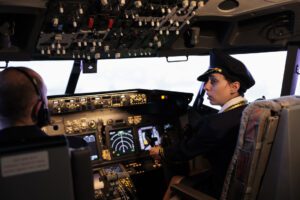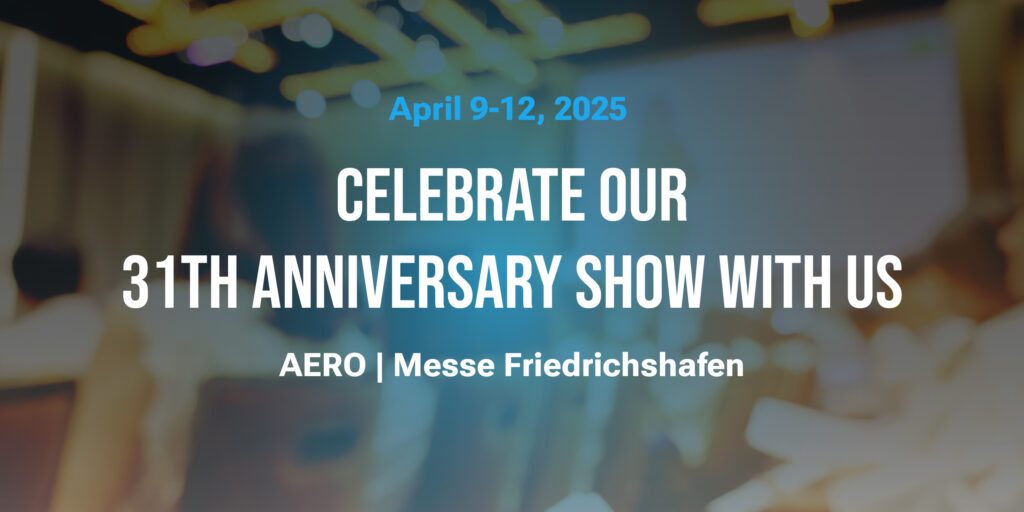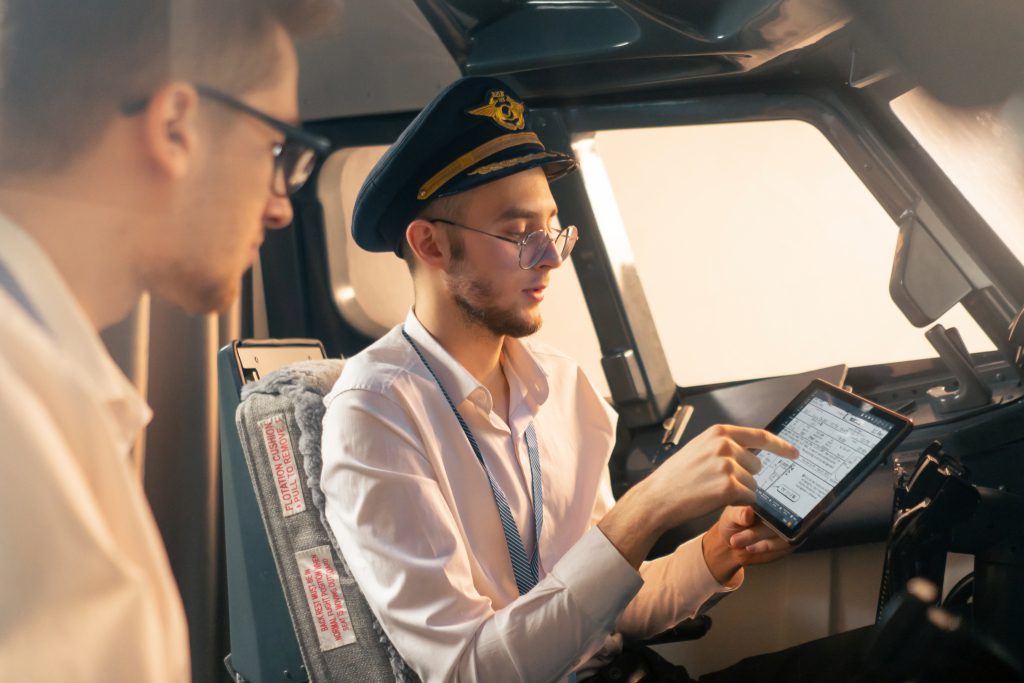Formula One (F1) has made a significant move toward sustainability on September 20, 2024. The company invested in Sustainable Aviation Fuel (SAF) with its logistics partner DHL. The usage of SAF is an important development for aircraft because this biofuel contains cooking oil and agricultural biomass, which reduces the emission of greenhouse gasses.
Aviation with lower greenhouse gas emission
“Formula 1 has always been at the forefront of innovation, and our early-stage investment in sustainable aviation fuel is a testament to our dedication to deliver on our Net Zero by 2030 commitment,” according to Ellen Jones, the head of ESG at F1. The car racing company and DHL are focused on carbon neutrality and reducing the environmental impact of air cargo operations, which reduces CO2 emissions by approximately 80% compared to conventional aviation fuel. By using SAF, F1 expects to quarter their carbon footprint during the 2024 season, which means more than 4500 metric tons of saved carbon dioxide.
The “book and claim” method
As a solution, Formula 1 procures SAF through DHL’s GoGreen Plus Service by using the “book and claim’ model. It means that the same amount of fuel is being reserved which is used during the racing season, to carry freighter flights. After reserving the fuel, they add it to the supply chain, so other planes can also benefit from SAF, however only in those places where SAF is readily available. The DHL GoGreen Plus Service ensures a high standard of product traceability, so until other aircraft around the world claim that the SAF is registered, the carbon reductions are not considered. This method helps decrease CO2 emissions with the current amount of SAF and boosts the growth of the market in the future. The process is being checked by ISCC (International Sustainability & Carbon Certification).

Further goals of Formula One
To sum up, F1 has been making an effort to be sustainable, and to show it to the sports operators as a racing league. Formula One will power key operational areas of all European Grands Prix by the upcoming season, with Aggreko’s carbon-neutral power solutions, such as biofuel, which cuts emissions by more than 90% in the supplied areas. From the 2026 season, cars will run on 100% sustainable fuel. Investigation into SAF certificates is the major part of this program. Although these certificates do not directly cut carbon emissions from flying, they symbolize an offset for CO2 emissions.













